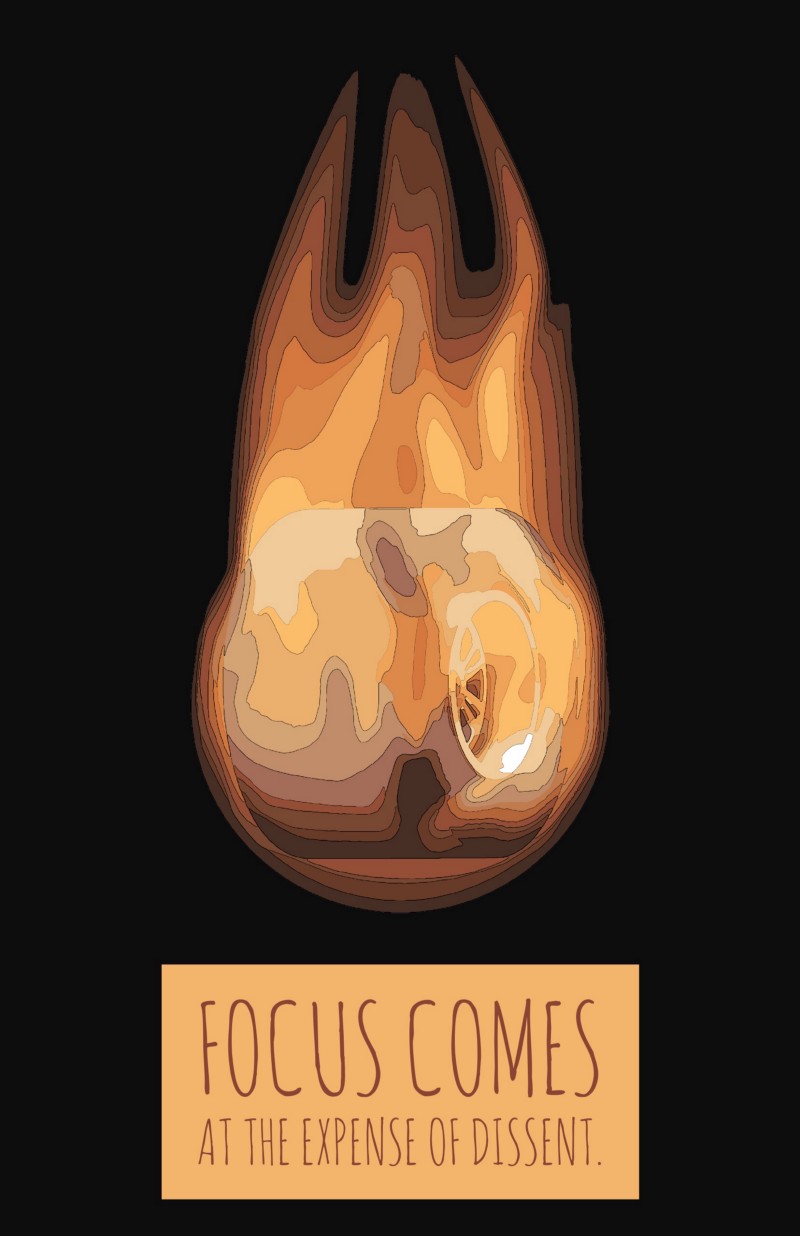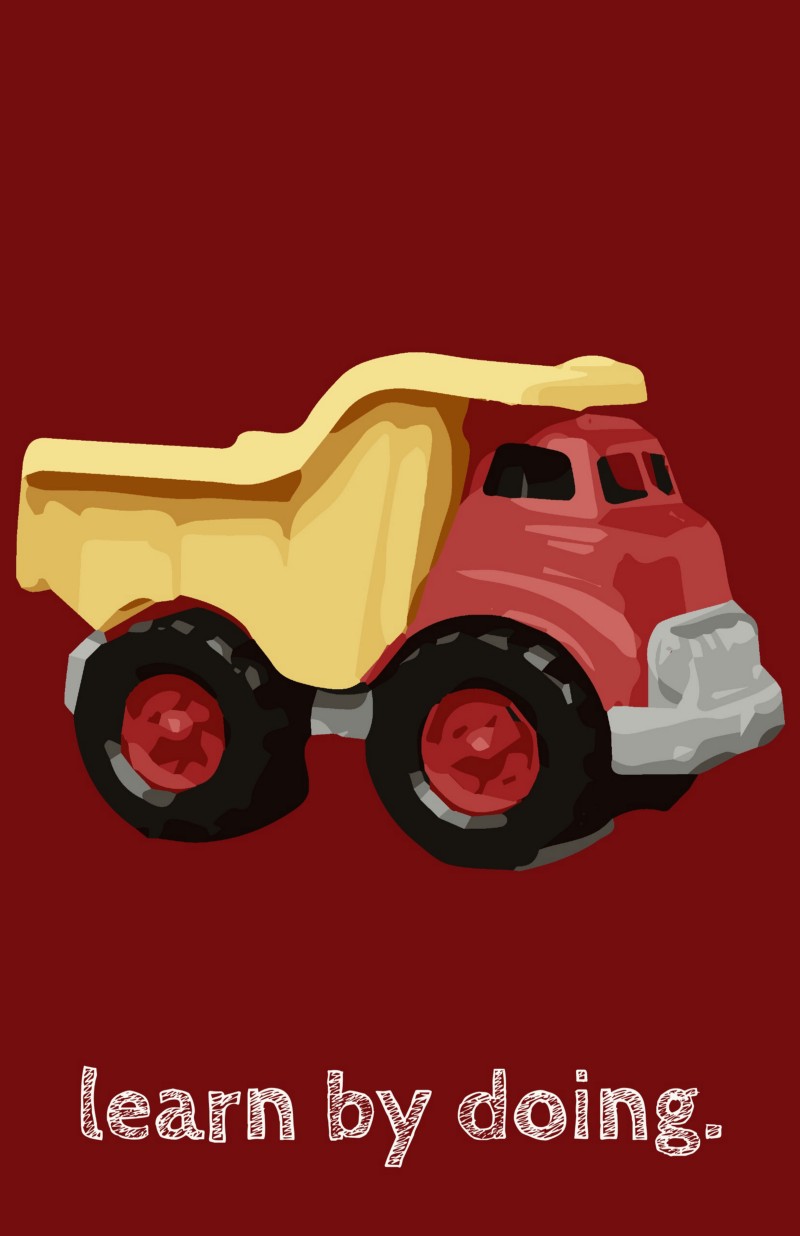
One of the easiest ways to get overwhelmed by new genres of production is to assume that each new platform completely reinvents the wheel.

This is almost always not the case, and because of this, I think there are actually a number of skills that are helpful to have in your back pocket as you’re looking to begin working in the new media landscape — but there are three I think everyone should have some degree of a working understanding of.
So without further ado:
#### You Should Have An Understanding Of The Way Online Communities Form, Grow, Die And Evolve.
This is an easy one to start with. I suspect that anyone who has invested a noticeable amount of time online in the past oh, decade or so, will have a fairly intuitive grasp of some of these concepts.
It’s important to know how changes in moderation best practice have evolved and it’s important to understand just what those changes have meant for the communities where they occurred.
Moderation occurs on a spectrum. The actions taken by a moderation team can have a dramatic impact on user engagement and a number of other similar metrics.
Aggressive moderation creates focus at the expense of stifling dissent.

Passive moderation encourages a wide variety of engagement from a diverse group of posters.
There are problems on both extremes, and in most of your work you’ll likely be working with business who tend to prefer to walk a middle path. By understanding how this works, you’ll be well positioned as an asset to any team you work on. If you find you really enjoy this, community management is a constantly evolving discipline — and you may find great value in walking down this path.
#### You Should Have An Understanding Of The Way Offline Communities Form, Grow, Die, and Evolve.
Some of the most vibrant online communities are successful because they manage to recreate an activity that people have long engaged with in a different way. While not every platform holds itself to this standard, an understanding of these processes can help you to think about the problems you’re likely to encounter online in new ways.

There’s a little bit of an arms race going on inside of marketing these days. MarTech companies are anxiously working to drive us closer to an era of 1:1 engagement — an era where real companies have real relationships with real people. We won’t be there for some time, and it’s going to take a lot of work to get there. But we are going to get there, it makes too much sense to avoid.
Because of that, you’ll be doing yourself a real disservice if you miss the opportunity to learn the “old world” ways before they’re forgotten. Many old world skills (like building a mailing or calling list) have direct digital analogues. Learning to capitalize on this rich history of learning will position you well for the advertising challenges of tomorrow.
#### You Have To Stop Saying “I Can’t Do That” And Start Asking “How’d They Do That?”

There’s this misconception I and many of the other people I’ve met in the industry seem to share. It’s this idea that around the corner is some magical budget that will allow for the use of tactics beyond that available now.
That is nonsense.
Agencies still follow that old ghost writing best practice of keeping your mouth shut about who you’re working with, but over the years this has started to change. With a little bit of diligence you can work backwards from any number of resources to identify exactly who worked on what project. You can take the direct route and ask, or you can step back and try and recreate the work.

I can’t recommend recreating other people’s work highly enough. It’s the best way to learn. When you do, you’ll find that your opinions of what make ‘good’ and ‘bad’ examples of mass communication change dramatically. You’ll get a glimpse at the problems that had to be solved to create the work and you’ll pick up new tools that are sure to be of benefit the next time you run into a similar problem.
You’ll be able to take those lessons and apply them back into your own work. It’s a great way to grow.

Twitter
Facebook
Reddit
LinkedIn
StumbleUpon
Pinterest
Email